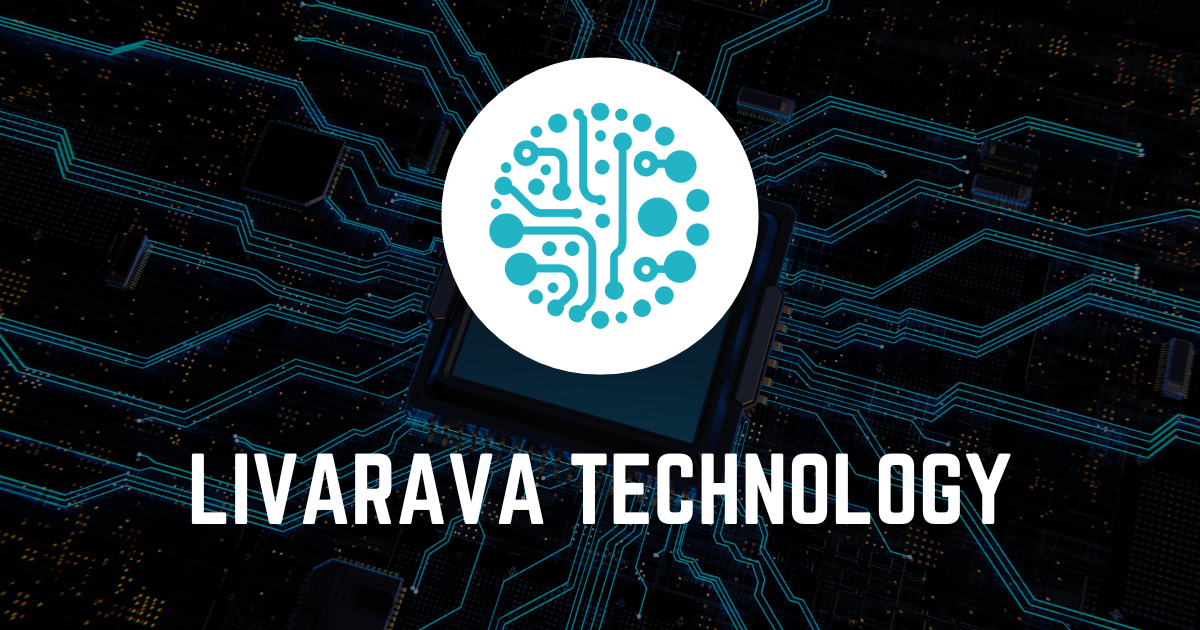The Role of Gene Editing in Modern Agritech and Food Production

Gene Editing and Agritech's Influence on Food Production
In recent years, gene editing has emerged as a pioneering technology within the agricultural sector. It offers unprecedented opportunities for enhancing crop resilience and nutrition.
The Impact of Genome Editing
With the knowledge gained from the human genome, researchers are applying precise genome editing techniques to develop healthier, more productive crops. Some key points include:
- Enhancing Crop Yields: Improved varieties can lead to greater food production.
- Addressing Food Security: Gene editing helps mitigate climate impacts on crops.
Conclusion
Overall, the advancements in gene editing within agritech are crucial for the sustainability of our food systems, promising a transformative effect on how we grow and consume our food.
This article was prepared using information from open sources in accordance with the principles of Ethical Policy. The editorial team is not responsible for absolute accuracy, as it relies on data from the sources referenced.